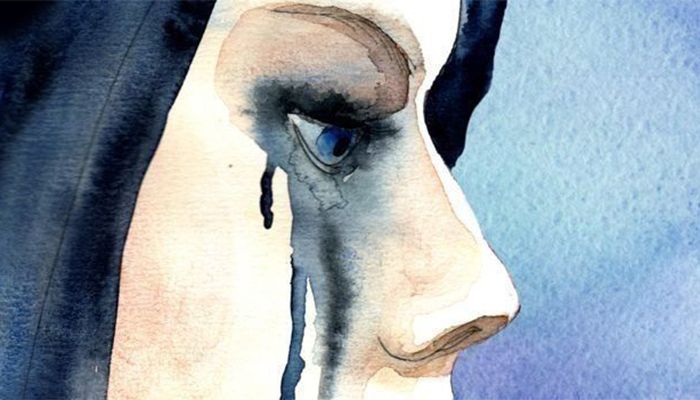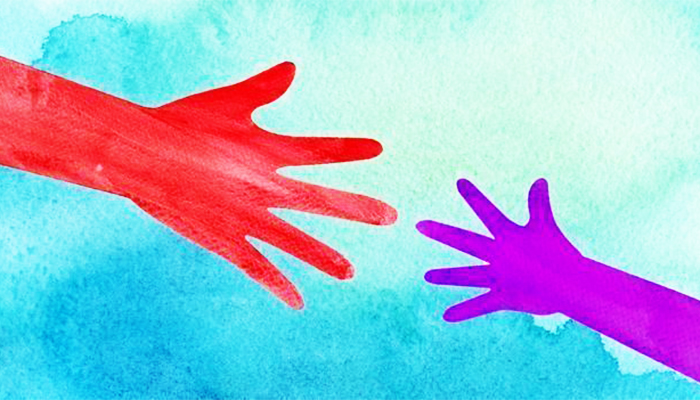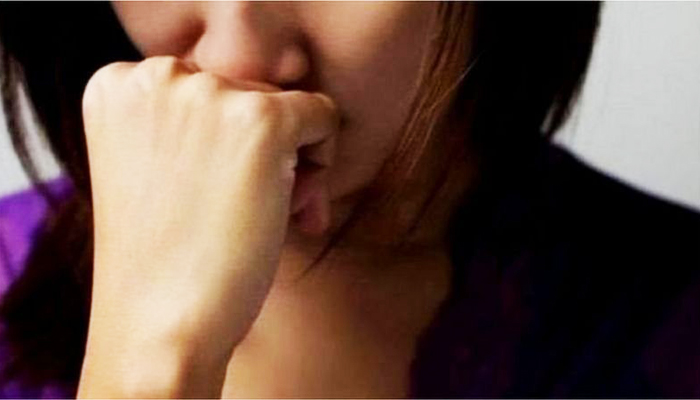
Desk Report
Publish: 11 Nov 2020, 11:46 pm

After the death of a high-ranking police officer in a mental hospital in Dhaka, the capital of Bangladesh, the issue of treatment for mental health problems has come up again.
Experts say most people in the country who suffer from mental health problems never seek treatment.
According to a recent study conducted by the National Institute of Mental Health in 2016, 17.5 percent of adults and about 13 percent of children and adolescents in Bangladesh have mental health problems.
But 92 percent of them do not take any kind of service or advice.
The remaining 6 percent of people are receiving mainstream treatment. And there are not only psychiatrists but also other physicians.
And those who go for treatment also seek medical help not at the beginning of the problem but at the very last moment.
"People nearby don't understand either"
Nasrun Naha, a mother of one child. She always has been a very self-reliant and repressed kind of human.
However, she suddenly tried to commit suicide once in 2016.
Nasrunnahar said that even people close to him did not realize before the incident that she was suffering from mental problems like depression.
"People close to me, even my best friends didn't know about my problem."
She tried to commit suicide by breaking the glass of the window and cutting the ligament of her hand.
"I also toured with my cousins the day before I committed suicide," he said.
Nasrun Nahar said she was taken to hospital when she became prone to suicide after reaching the very last stage.

"They kept me on guard for two days so that I would not kill myself. I was taken to the hospital when i reached the very last stage."
Development worker Nadia Sarowat suffered from postpartum psychosis after giving birth to her second child six-seven years ago.
She said that the problem she had 14-15 days after giving birth to her second child was that she could not recognize her own child. She was looking for her first child.
While talking to Nadia Sarwat, she said that she still can't remember many things about the time she was sick. She was hospitalized for 10 days for mental problems.
She complained that at that time she had to be beaten by the nurse of the hospital.
"I couldn't sleep. I walked around the hospital looking for my baby."
Nadia Sarwat said that mental patients are not well looked after in Bangladesh. They have to face harassment in different ways. She also complained that hospital staff or those involved in its treatment did not treat mental patients well.
"In our country, when a mental patient is seen, even a child throws stones because they think he is crazy. There is a mentality of humiliating them."
Why don't people go for treatment?
Experts say a large number of people are out of mental health care due to fear of being stigmatized in society, lack of health care and unawareness.
Helal Uddin Ahmed, an associate professor at the National Institute of Mental Health, said people do not seek treatment for mental problems for three reasons.

As the first reason, he blamed the prevailing stigma of society.
He thinks that there is a kind of superstition in society about mental problems. "People don't want to reveal it, they want to hide it," he said.
People think that if it is revealed that they have mental problems, they will be looked down upon by society.
"It's a kind of stigma that works in them." He said.
The second is that there is an inadequacy of mental health services. This service is not available anywhere other than medical college or tertiary level.
There are only two specialized hospitals.
According to the National Institute of Mental Health, there are currently 270 psychiatrists for 160 million people in the country.
And there are only 250 psychologists for counseling. Which is inadequate.
It is also reported that more than seven to 10 psychiatrists are not being trained in a year.
Due to which many people do not get the opportunity to take this service, experts say.
The third reason is Mr. Ahmed blames the general unconsciousness of the people.
"A lot of times people don't realize that their behavioral problems are due to emotional reasons," he said.
The situation is getting worse as a large number of people are out of mental health services and they are at one stage becoming a burden to society. Helal Uddin Ahmed also thinks that more skilled manpower needs to be developed to improve this situation.
Source: BBC Bangla
Subscribe Shampratik Deshkal Youtube Channel
© 2024 Shampratik Deshkal All Rights Reserved. Design & Developed By Root Soft Bangladesh